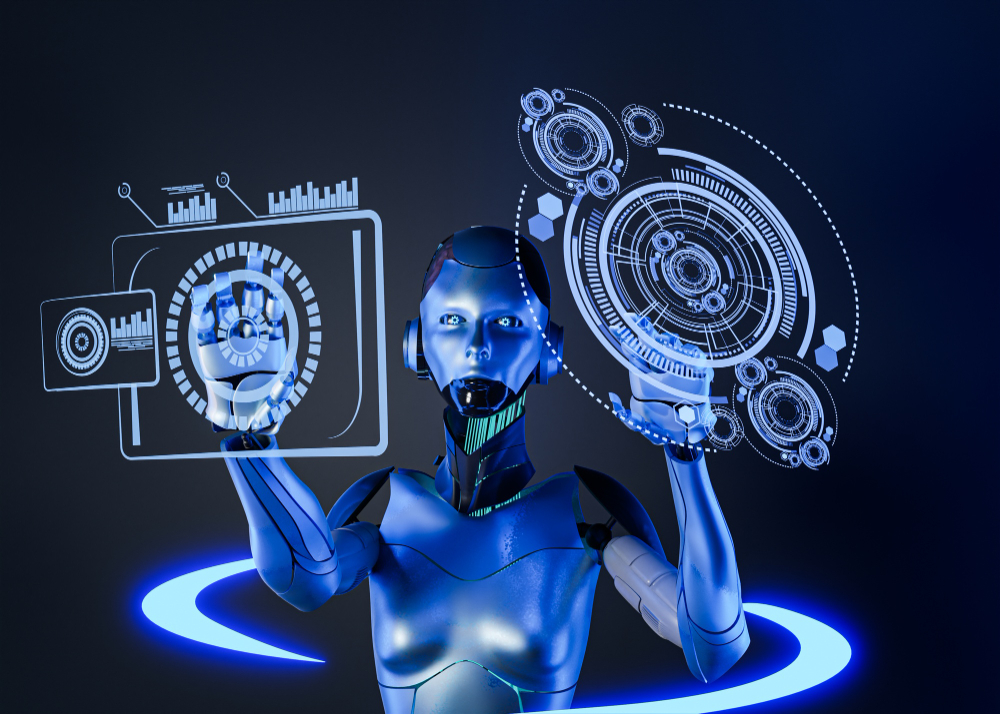The contemporary CTO is dealing with the unstoppable impetus of digital innovation, in which the distinction between leading and lagging firms is frequently determined by the speed and dependability with which they integrate transformative technologies. Of these, the AI systems solutions have gained the central stage and turned all facets of product development to customer interaction in entire industries upside down. However, when it comes to technology leaders, mere implementation of AI is not sufficient the challenge here is creating AI systems that are resilient, scalable and actually business-aligned.
The importance of Robustness in Enterprise AI
Strong AI systems are systems that can perform reliably in conditions that change, scale with business expansion, and address technical, data, and security problems. In the case of CTOs, there is a need to focus on resilience and future-readiness. In the absence of this provision, even the best projects of the AI software development may be stopped in their tracks, without achieving the operational effect. 
Properly designed solutions of the ai systems provide:
- Consistent complex process automation.
- Stable performance in high volume of transactions.
- Flexibility to new market and data entry.
- Safe and risk-free information security.
Guidelines to CTOs: A Roadmap to the Success of AI Systems Solutions
Use Case selection and Strategic Alignment
The evolution of artificial intelligence software is an effective process which begins with crystal-clear goals. CTOs need to work with business executives to make AI initiatives useful to real outcomes, e.g. more revenue, fewer costs, or better customer experience.
Use SMART (Specific, Measurable, Achievable, Relevant, Time-bound) goals, and come up with high-impact, realizable pilot projects to achieve initial wins and company buy-in. 
The strength of AI systems is equivalent to the strength of the driving data. It needs an efficient and highly scalable data infrastructure. CTOs ought to ensure that they are well-integrated, well-governed in data, and security compliant on the first day. Cloud-native architecture provides the opportunity to test rapidly and scale well as the business requirements vary.
Design and testing of AI Model
The foremost companies in the field of AI ml development prioritize the modelling design and strict validation.. This involves the choice of the right machine learning or deep learning structures, massive training to a variety of data sets and continual verification of the accuracy. Using MLOps pipelines simplifies CI/CD with AI models, so deployment, monitoring, and rollback are all efficient even at enterprise scale.
API-Driven Design and Systems Integration
Modern, AI software development services focus on API-first, modular architectures. This will ease integration with legacy systems, fast-track go-live timelines, and enable conversational AI software solutions (such as chatbots and voice assistants) to integrate with CRM, ERP, and analytics systems without issue. 
Culture, Change Management and Talent
Developing robust AI is not limited to technology. The CTO will need to focus talent on data science, ML engineering, and domain knowledge. The formation of cross-functional teams comprising product managers, business stakeholders, and AI experts creates the culture of ongoing learning and active experimenting.
Security, Governance and Compliance
Starting with GDPR to sector-related ones, strong AI applications require tight control over the data, access management, and audit trails. To gain the trust of users and regulators, CTOs are supposed to demand clear AI models and clear usage policies.
Constant Review and Revision
Strength is a dynamical goal. The most effective reactive steps that are applied at the best ai software companies include proactive monitoring, retraining and performance tuning. Automated drift, bias, or anomaly alerts guarantee that each AI systems solution is updated as the business changes, maintaining value–and trust–high.
The Noukha Technologies Approach: Transforming Vision to Value
Noukha Technologies is a well-known company that develops the best artificial intelligence software and is a reliable partner of aspiring companies. The Noukha team combines strong technical expertise with business and strategy, taking CTOs through each phase of the AI software development cycle, including initial conceptualization, up to live implementation and continuous optimization. 
Noukha AI ml development services are designed to fit industries between fintech to e-commerce and engineering-delivering:
- Enterprise-specific custom artificial intelligence development company services.
- Next-gen scalable cloud-native AI application development services.
- Agile MVPs to production systems: AI & ml app development.
- Website and ecommerce AI chatbot development service.
- Auto integrated and clear ai application development prices, end-to-end consulting.
Full-stack, security-first, and agile-Noukha provides a solution that is developed not only to meet the current requirements, but also the opportunities of tomorrow. All CTOs receive practical assistance in terms of design to scale, and long-term post-launch relationships to guarantee further development.
Frequently Asked Questions
Q1. Which initial actions should a CTO take when developing AI systems solutions?
Determine quantifiable business objectives, gain executive support, and evaluate data maturity and pre-select pilot use cases.
Q2. What is the role of Noukha Technologies in the implementation of robust enterprise AI?
Noukha provides a complete support system, data architecture design to ongoing MLOps, and resilience, security, and industry compliance.
Q3. Why is the overall cost of the ai app development?
Complexity, data quality, and integration requirements, cloud infrastructure, and support requirements all are factors that determine final project costs.
Q4. Does AI chatbot development service on websites work with old systems?
Yes, the current API-based solutions can work with a smooth deployment with the existing CRM, ecommerce, or analytics tools.
Q5. What is the frequency of enterprise AI systems review or retraining?
Regular reviews are encouraged–at least quarterly–with more frequent model updates in markets or regulatory environments where there are rapid changes.



